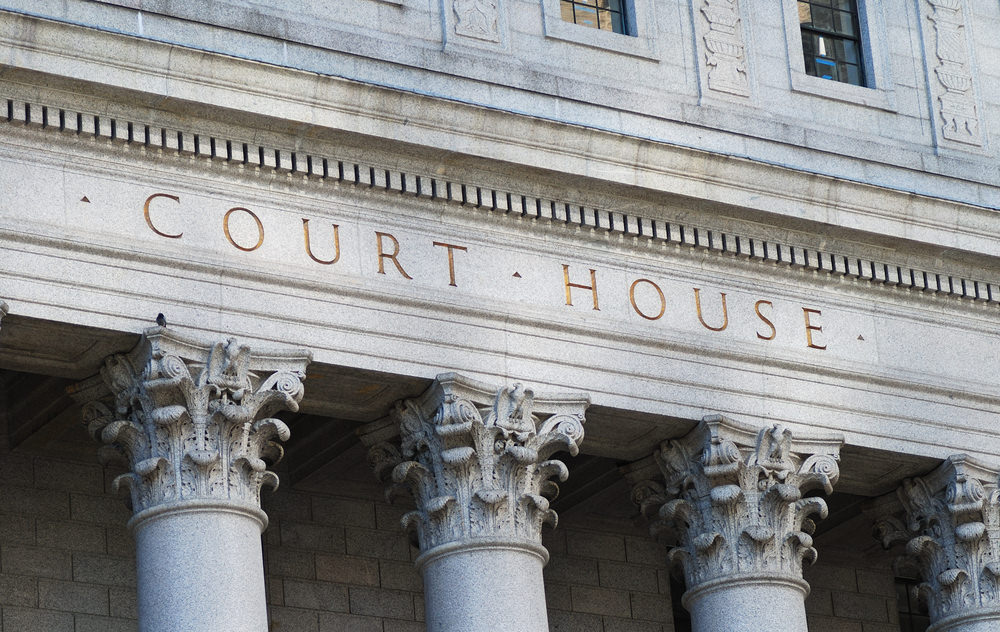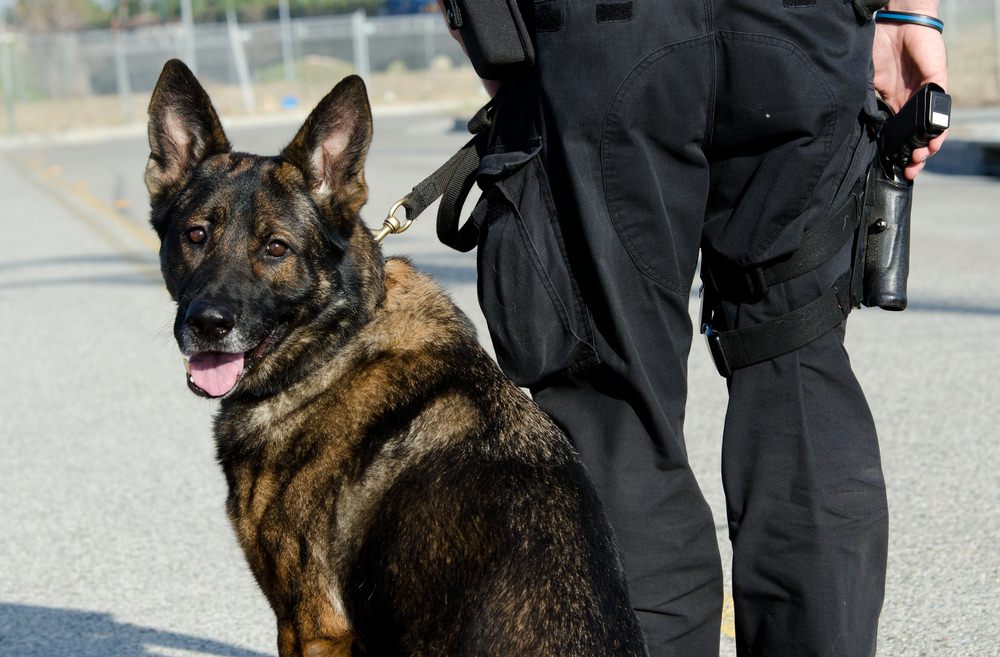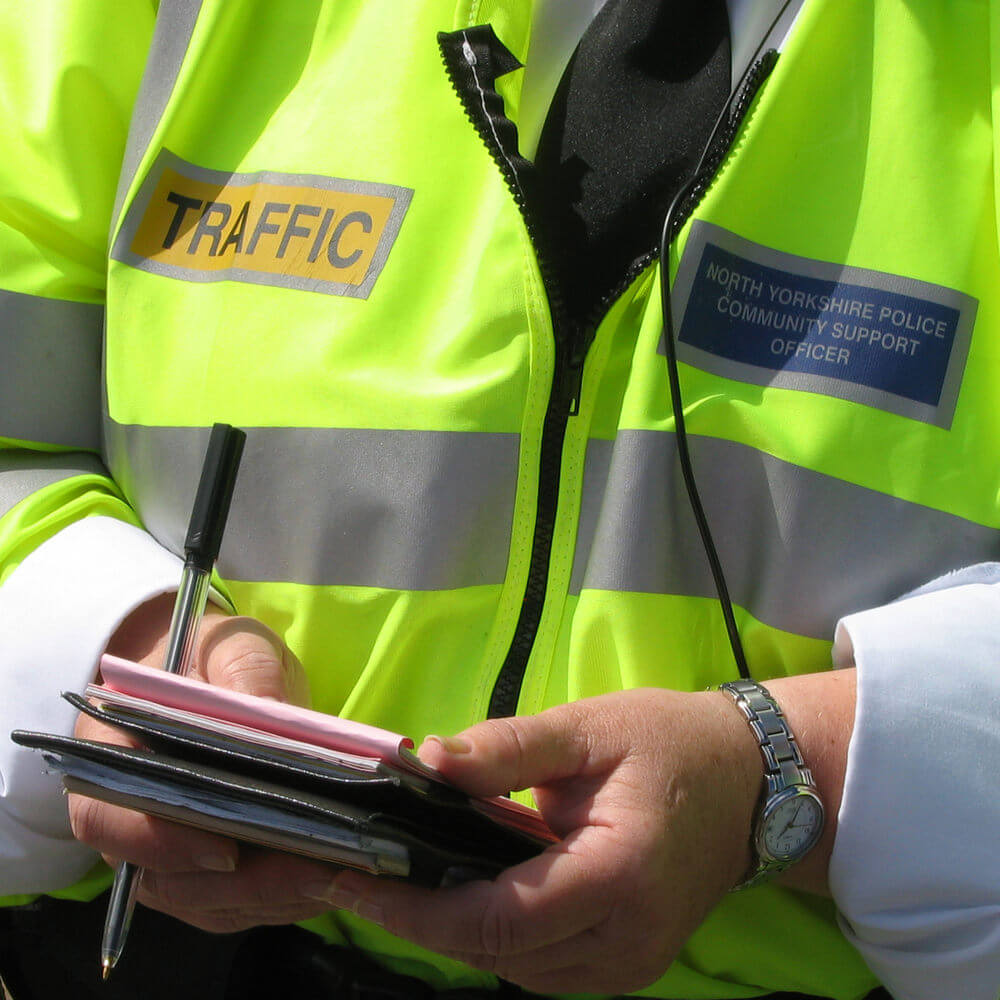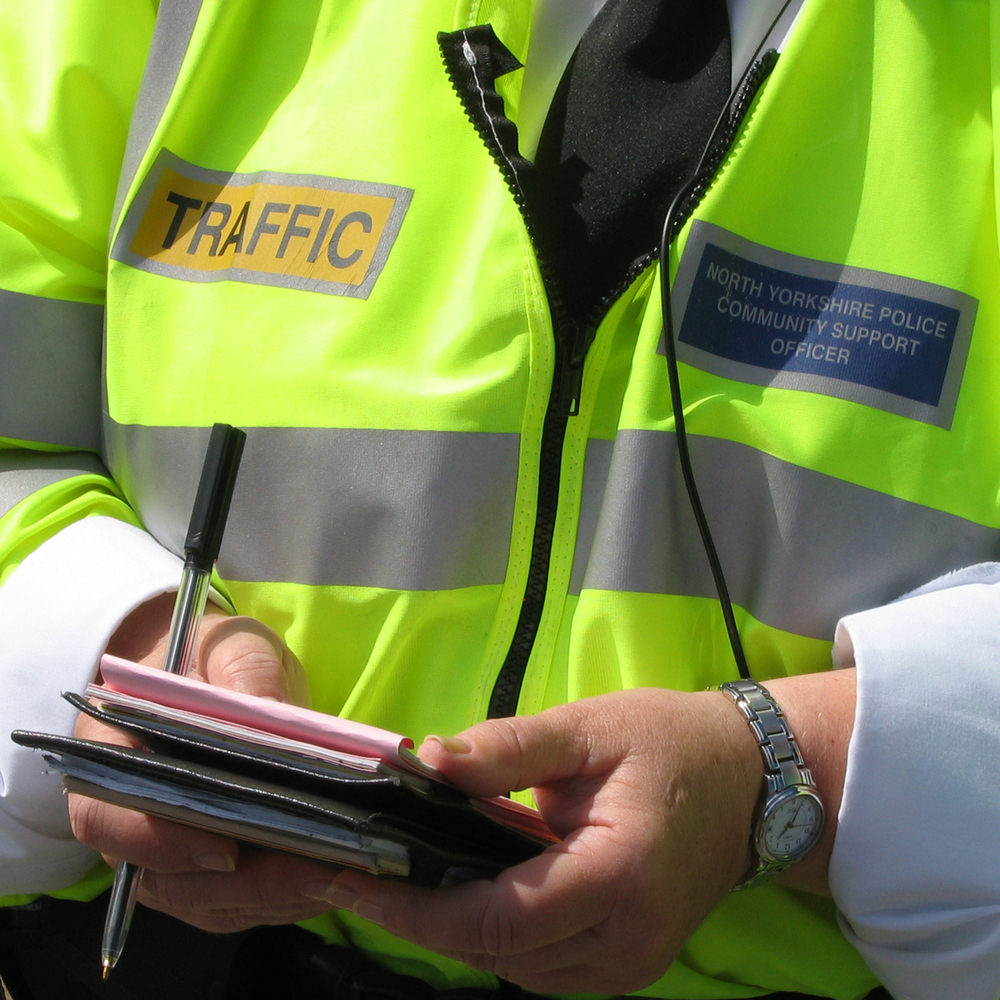This question was first asked in Georgia a few years ago, by both officers and drivers as the first law prohibiting texting while driving went into effect. With regard to the no-texting-while-driving ban, officers wanted to know if they were now required to inspect the driver’s phone to confirm whether they had been texting. As everyone became more accustomed to the new law, officers have become comfortable enforcing this law without routinely searching the cell phones of drivers.
The question of whether a phone may be searched during a traffic stop or subsequent to an arrest was left unresolved and therefore, such searches had been examined on a case-by-case basis. However, the United States Supreme Court weighed in on the propriety of such searches this summer in Riley v. California.
 In Riley v. California, police had initiated a traffic stop on Riley. The roadside investigation led to information that implicated Riley in a weapons charge. He was arrested and his cell phone was confiscated. The officers perused the messages and photos saved on his phone. Those photos and messages connected Riley to a local gang and a recent shooting.
In Riley v. California, police had initiated a traffic stop on Riley. The roadside investigation led to information that implicated Riley in a weapons charge. He was arrested and his cell phone was confiscated. The officers perused the messages and photos saved on his phone. Those photos and messages connected Riley to a local gang and a recent shooting.
Using a number titled “my home” on the phone, investigators traced the number to a physical address. They secured a warrant and searched his residence. They discovered drugs, ammunition, firearms and cash. He was later charged and convicted for his participation in a shooting and the prosecution sought an enhanced sentence based upon Riley’s affiliation with gang activity.
Riley appealed the conviction, claiming the initial warrantless search of his cell phone was illegal. Since the only evidence linking him to the shooting was the phone, Riley argued his conviction should be reversed. The United States Supreme Court agreed.
The Court examined the competing concerns during this type of investigation: the privacy interests of citizens, law enforcement investigative interests and officer-safety interests.
Of paramount concern during any investigation is officer safety. Officer safety is a recognized legal principle that trumps many privacy interests during a citizen-officer encounter. For instance, under normal circumstances, an officer is not permitted to pat down an individual who is not otherwise being arrested. However, if an officer has reason to believe that person presents a physical threat to the officer then he is permitted to perform a pat down – also known as a Terry-Frisk.
Officer safety is not a concern however when an officer comes across a cell phone during the course of an arrest. It is difficult to imagine a scenario wherein an officer’s safety hinges on a warrantless search of a cell phone. Therefore, the Riley Court rejected the notion that officer safety concerns would justify a rule that permitted officers to routinely search cell phones in the absence of a warrant.
Similarly the Court dismissed the proposal that such searches should be permitted because the phone may contain information related to the commission of a crime. The Court distinguished cell phones, with their immense storage capacity from other types of physical objects that may be discovered over the course of an investigation or arrest. Since the information stored on a cell phone can date back for years, and contain very detailed personal information there are very serious privacy concerns at risk. Given the extreme privacy concerns, such searches should normally only be conducted after obtaining a search warrant.
Riley v. California is important for a number of reasons. In a broad sense, it represents a new era for Fourth Amendment concerns as technology cements itself as an omnipresent surveillance system of our day-to-day lives. Our phones track where we go, who we see and what we do. Although this opinion seemingly promotes the protection of privacy, it foreshadows what will likely be a long and arduous battle between privacy and law enforcement interests as we figure out what exceptions will exist and how liberally they will be invoked.

